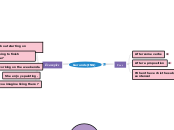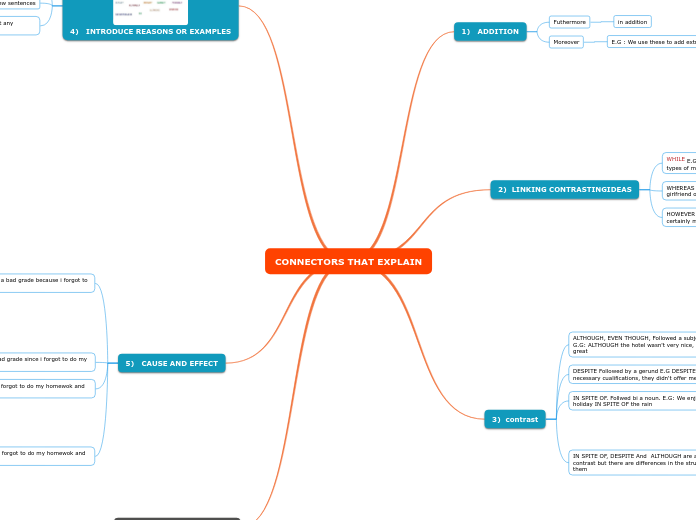Infinitives (TO)
The infinitive expresses the meaning of the verb in a general way, without reference to any time.
In addition to simple infinitive, as 'to speak', there are also progressive infinitive ('to be speaking'), perfect ('to Have Spoken') and liabilities ('to be spoken')
How did you manage to do that?
I hope to meet him some day.
You promised to pick up the kids.
She would love to have a dog.
He would like to work closer to home.
To express an objective or why we are doing an action:
I’m here to study English. // I have come to help you
After adjectives:
I’m happy to see you again
After some verbs:
would like, agree, decide, choose, plan, refuse, hope, want, manage.
Gerunds (ING)
The gerund is what will allow us to build other a little more complicated tenses, these tenses are what they call continuous.
Examples
Can you imagine living there?
She enjoys painting.
I’m tired of working on the weekends.
When are they going to finish cleaning the house?
I'm worried about starting on Monday.
Uses
When the verb is the subject of the sentencel
I’m interested in learning English. // I’m fond of playing tennis.
Important.
The negative form of the gerund is:
“not+gerundio”: I enjoy not doing anything on holiday.
After a proposition
I’m interested in learning English. // I’m fond of playing tennis.
After some verbs
Deny, avoid, can’t help, like, dislike, enjoy, mind, keep on, suggest, finish etc.
He finished doing his homework.









